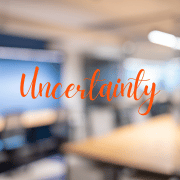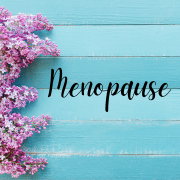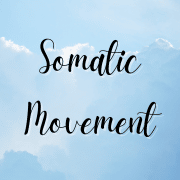 How important is your health to you, more specifically your physical health? Now what do we mean by physical health? Well physical health means that you’re free from illness or injury.
How important is your health to you, more specifically your physical health? Now what do we mean by physical health? Well physical health means that you’re free from illness or injury.
Physical health is critical for overall wellbeing. Some of the most obvious and serious signs that we are unhealthy appear physically. Addressing physical health is crucial for sustaining overall health and wellbeing.
While physical health consists of many components, here is a brief list of the key areas that should be considered:
- Physical activity – includes strength, flexibility, cardio vascular and endurance
- Nutrition and diet – includes nutrient intake, fluid intake, and healthy digestion
- Rest and sleep – includes periodic rest and relaxation, along with high quality sleep
- Hydration – keeping the body hydrated with fluid
Poor physical health can lead to an increased risk of developing mental health problems. Similarly, poor mental health can negatively impact on physical health, leading to an increased risk of some conditions.
Physical activity
Most healthy people should be active on a daily basis. This should be a mix of both leisurely physical activity and structured exercise. Examples of leisurely physical activity include gardening, housework, hiking, biking, dancing and walking. Examples of more structured forms of exercise include strength training, running, and swimming.
If you are new to exercise then do find someone that can help you plan a routine that is good for you.
The best form of exercise is the one that you enjoy doing. Nutrition and diet
A well-balanced diet should contain carbohydrates, proteins, fats, vitamins, and minerals. Hydration is a key component of physical health and mental acuity and should be. Water should be consumed throughout the day. Meals should be regular and portion sizes should be sensible. Restriction of sugar is recommended and consumption of food in it natural form rather than processed.
And it can be quite hard, when you’re feeling stressed, to think about eating healthy. You just want the quick hit; you just want something to be easy. It can be quite difficult to look after your physical health when you’re in a high-stress work environment, but when you’re highly stressed, that’s when you really think about good nutrition and getting exercise and fresh air. That is what will support you back to balance.
If you are really busy then one of the best things you can do is sit down and plan your meals. Maybe cook several meals on the weekend that you can take out the fridge or freezer and reheat. It helps move you towards a healthy diet. Also, plan your breakfast and maybe think about things that you can prepare the night before. Keep it simple.
Like everything, experiment, have fun, find out what works best for our body, whether that is a high protein diet, vegan, high fibre, etc.
Rest and sleep
Too little sleep has the same influence on brain as too much alcohol. You can end up feeling groggy and have trouble co-ordinating and concentrating.
While regular activity is essential for physical health, allowing the body to rest is just as important. Spending time relaxing or taking short naps can help rejuvenate the body. Sleep should take place in a quiet, dark environment and should last approximately 7-9 hours. Sleep, quality as well as quantity is really important.
Hydration
Hydration is important for the body to function. Lack of hydration affects mood, energy levels, reaction time, memory, co-ordination. Make sure you drink water or eat foods that also hydrate you.
Making Changes
Massive action can feel overwhelming. Making small changes are much easier to manage and will help you towards your health goals. For example, if you want to lose weight, 80% of your results will come from making just 20% of the changes. Reducing sugar is key change. Make some small changes to your sugar intake. If you want to improve your fitness get off the train or bus a stop early and walking a little each day. You will be amazed at how invigorated you feel.
“Uninterrupted sitting constitutes a substantial risk to physical and mental health,” according to a study by Dr Alexander Mussap. Take regular breaks and walk around. Get out in the fresh air if you can. It will help you feel energised, help you sleep better and help improve your mood.
Focus on building up fluid intake slowly too. If you are not used to hydrating throughout the day, then it is a bit like watering a flower pot that the soil has dried up. It just goes right through the pot! Taking electrolyte hydration can help the body absorb fluid and rehydrate the body.
Remember, progress not perfection is key!
Written by Alison Charles and Reyhana Jano










